10 Biggest Protests In History
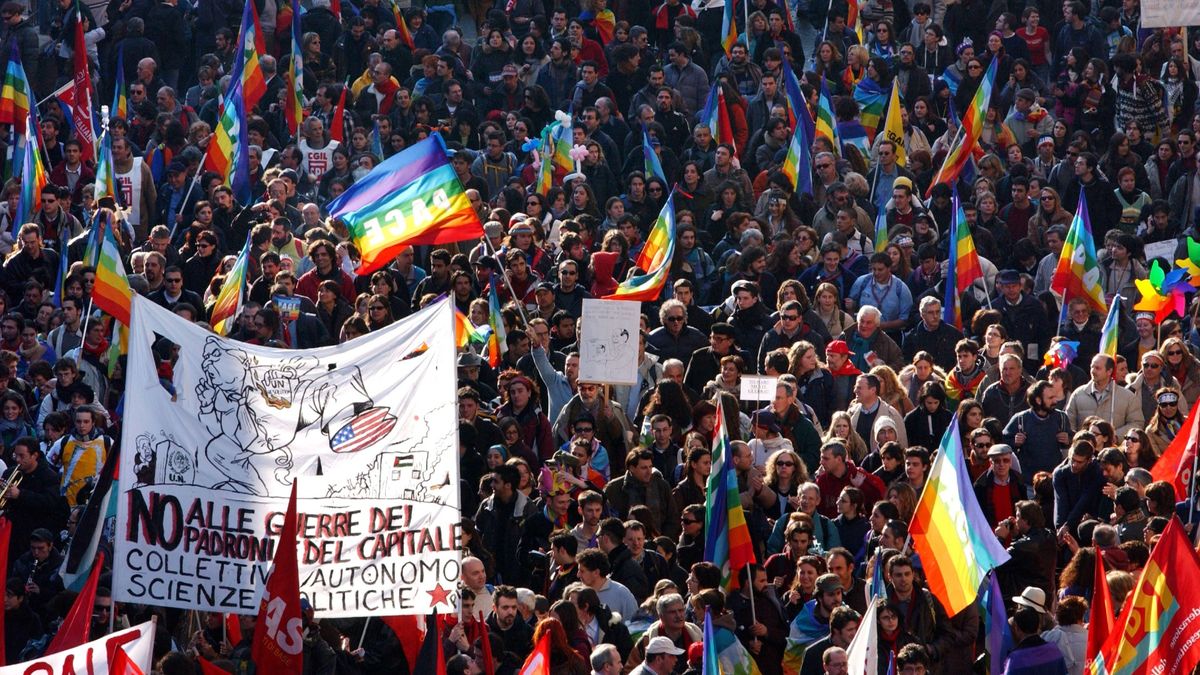 credit: Getty Images News)
credit: Getty Images News)
Here are ten notable protests in modern history amid the demonstrations in Nigeria and United Kingdom.
Throughout history, some of the largest protests have played a crucial role in challenging unjust laws, holding governments accountable, and promoting change. At times, these demonstrations have mobilized massive crowds, becoming pivotal moments in world history.
Even though not all major protests achieve their goals, they leave a lasting impact on society, frequently inspiring similar movements around the world and across generations.
Here are ten notable protests in modern history amid the demonstrations in Nigeria and United Kingdom.
1. Indian Farmers Protest (2020-2021)
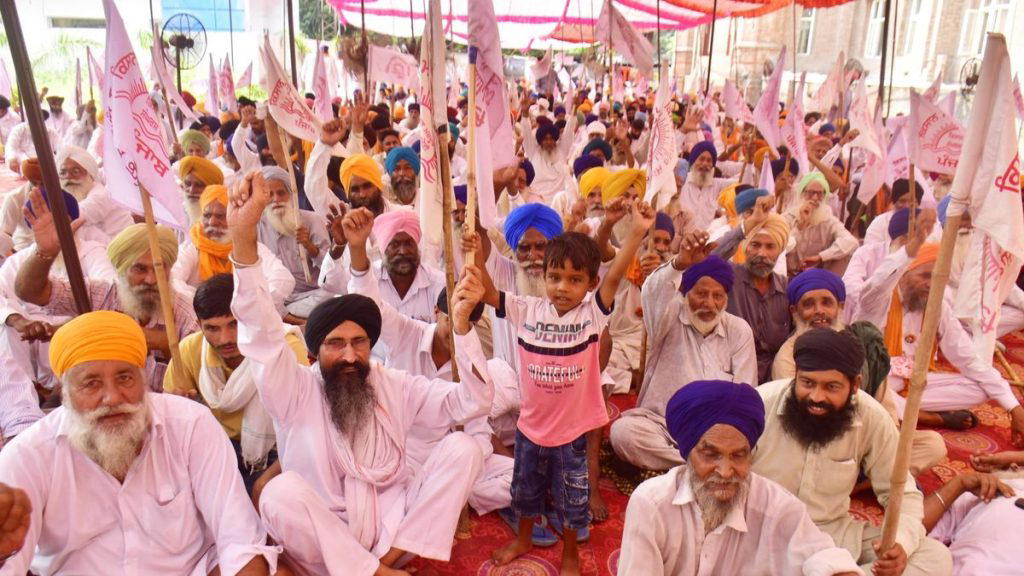
The Indian farmers’ protest began in late 2020, with farmers from Punjab, Haryana, and Uttar Pradesh protesting against three farm bills passed by the Indian government. The bills were seen as favoring large corporations over small farmers, leading to widespread demonstrations across the country. The protests, marked by massive rallies and a prolonged sit-in at the Delhi border, drew international attention and resulted in the repeal of the controversial laws in November 2021.
2. George Floyd and Black Lives Matter (2020)
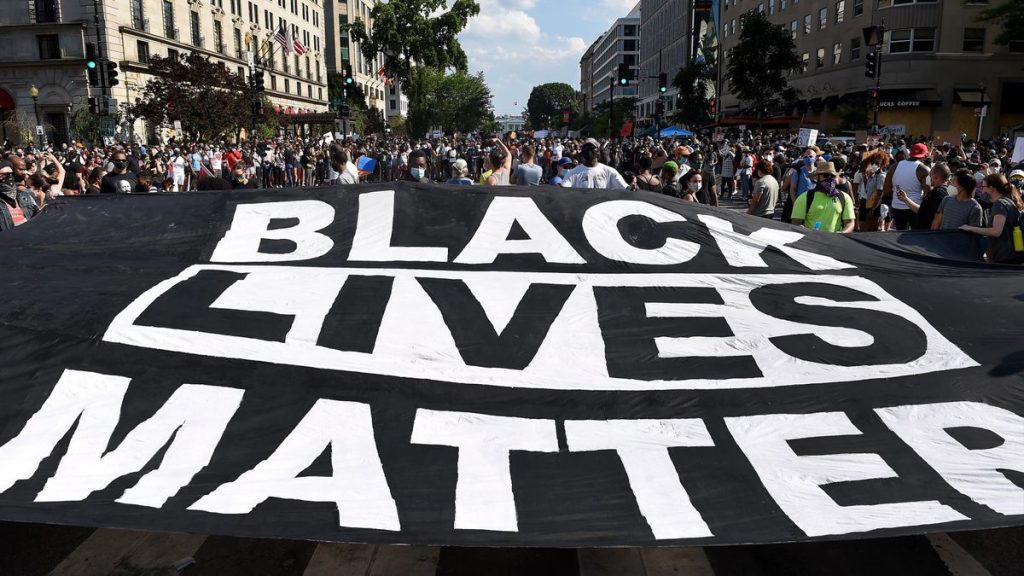
The murder of George Floyd by a police officer in Minneapolis on May 25, 2020, sparked global outrage and a wave of protests under the banner of Black Lives Matter (BLM). Demonstrators took to the streets across the U.S. and worldwide, demanding justice for Floyd and addressing systemic racism and police brutality. The protests reignited conversations on racial inequality and led to calls for reform in policing practices.
3. Women’s March (2017)
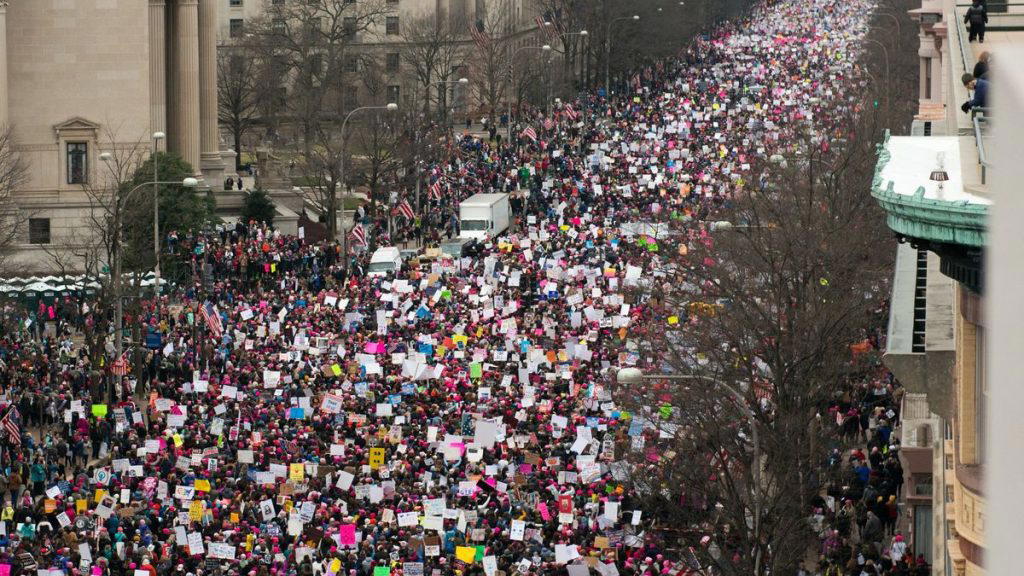
The Women’s March, held on January 21, 2017, was one of the largest single-day protests in U.S. history. In response to Donald Trump’s inauguration as President, millions of people—primarily women but including supporters of all genders—gathered in Washington, D.C., and cities around the world. The march focused on advocating for women’s rights, LGBTQ+ rights, and racial equality, and became an important moment in the broader women’s rights movement.
4. Anti-Iraq War Protests (2003)
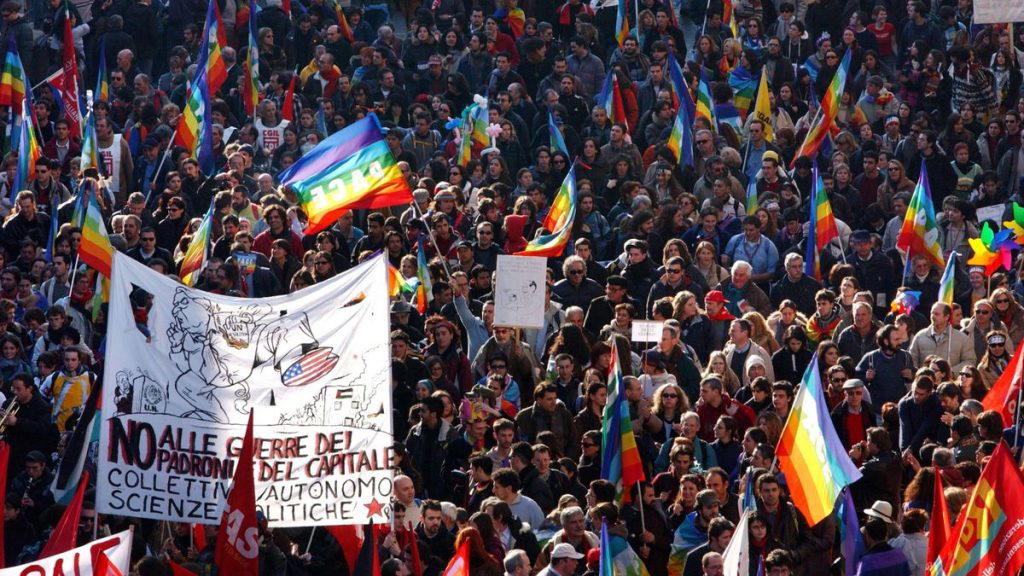
On February 15, 2003, millions of people worldwide protested against the impending U.S.-led invasion of Iraq. The demonstrations took place in major cities globally, including London, New York, and Sydney. The protests reflected widespread opposition to the war, which many viewed as unjust and based on questionable evidence. This global outcry had a major impact on public opinion and policy discussions regarding the Iraq War.
5. Tiananmen Square (1989)
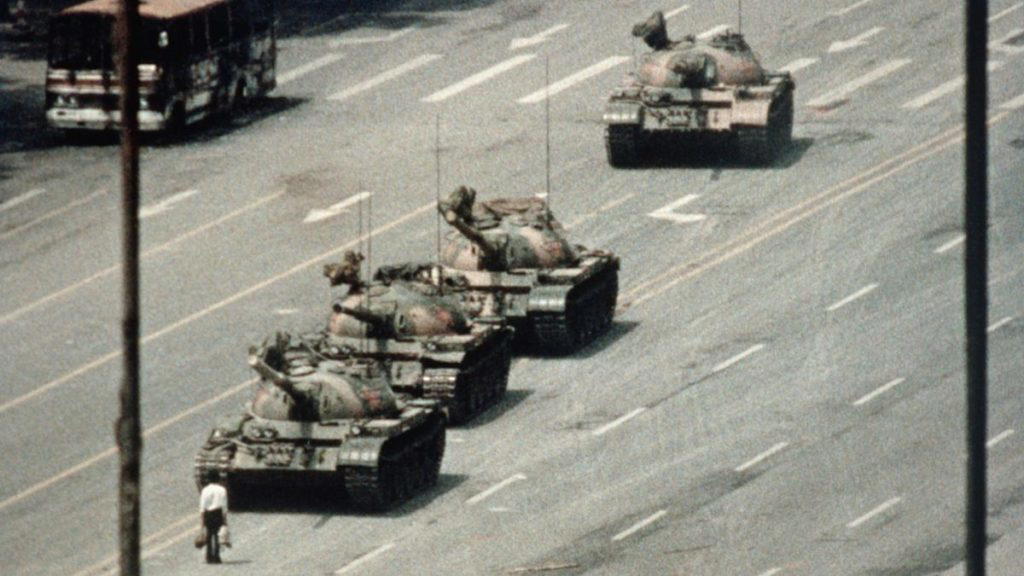
The Tiananmen Square protests began in April 1989 with student-led demonstrations in Beijing calling for political reform, freedom of speech, and other democratic ideals. The movement grew into a mass protest involving millions. The Chinese government’s violent crackdown in June, known as the Tiananmen Square Massacre, resulted in numerous deaths and remains a sensitive and censored topic in China.
6. The Baltic Way (1989)
On August 23, 1989, approximately two million people formed a human chain spanning over 600 kilometers across the Baltic states of Estonia, Latvia, and Lithuania. Known as the Baltic Way, this peaceful protest marked the 50th anniversary of the Molotov-Ribbentrop Pact, which led to the occupation of the Baltic states by the Soviet Union. The demonstration was a powerful call for independence and played an influential role in the eventual dissolution of the Soviet Union.
7. People’s Protest (1986)
The EDSA People Power Revolution of 1986 in the Philippines was a non-violent protest that led to the end of Ferdinand Marcos’s 20-year authoritarian rule. Over four days, millions of Filipinos gathered along Epifanio de los Santos Avenue (EDSA) in Metro Manila, calling for democratic reforms and an end to corruption. The peaceful uprising, marked by mass demonstrations, prayers, and human chains, resulted in Marcos fleeing the country and Corazon Aquino, the opposition leader’s widow, being inaugurated as president, restoring democracy in the Philippines.
8. Earth Day (1970)
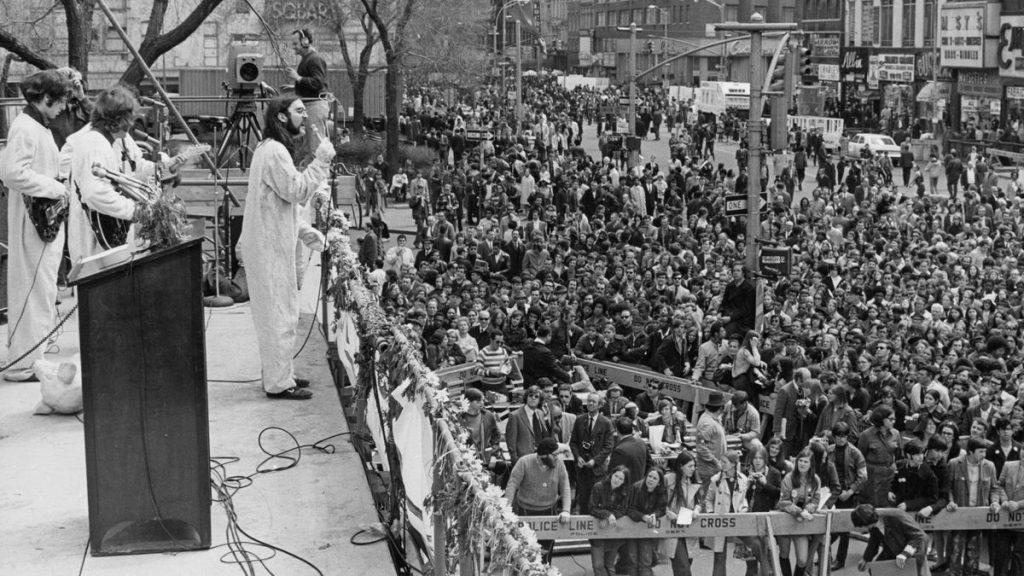
The first Earth Day, held on April 22, 1970, was a major environmental protest that drew millions of Americans to advocate for environmental protection and raise awareness about pollution and ecological issues. Founded by Senator Gaylord Nelson, Earth Day played a crucial role in the establishment of the U.S. Environmental Protection Agency and the passage of key environmental legislation.
9. France in May (1968)
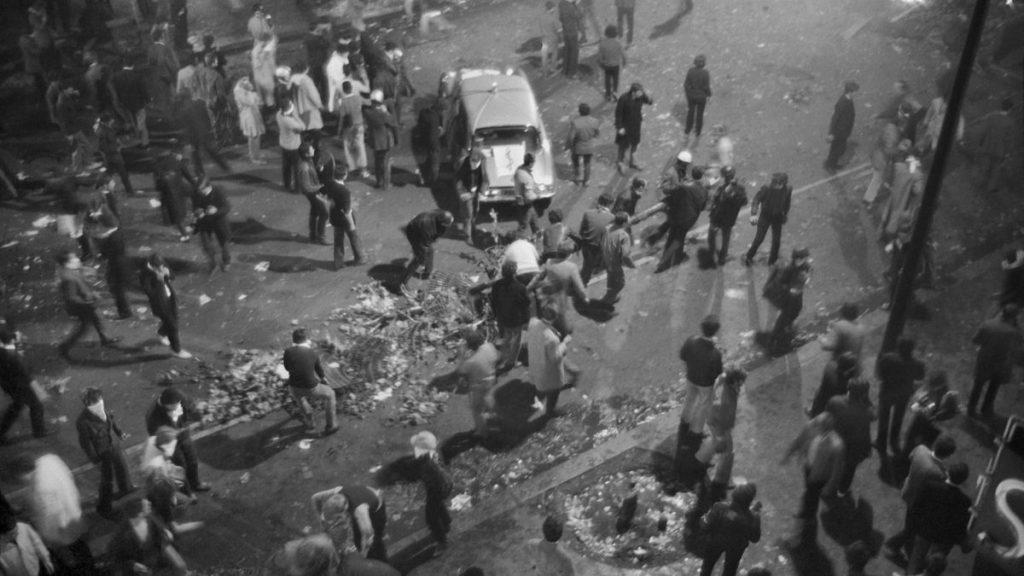
The May 1968 protests in France were a series of student-led demonstrations and general strikes that challenged the political and social order. The movement, which began at universities and spread to involve workers and intellectuals, called for educational reform, labor rights, and broader societal changes. The protests had a lasting impact on French society and politics.
10. The Salt March (1930)
The Salt March, led by Mahatma Gandhi, was a 240-mile march to the Arabian Sea to protest British colonial rule in India. Starting on March 12, 1930, Gandhi and his followers aimed to defy British salt laws by producing salt from the sea. The march garnered massive international attention and was a crucial event in the Indian independence movement, highlighting the effectiveness of nonviolent resistance.
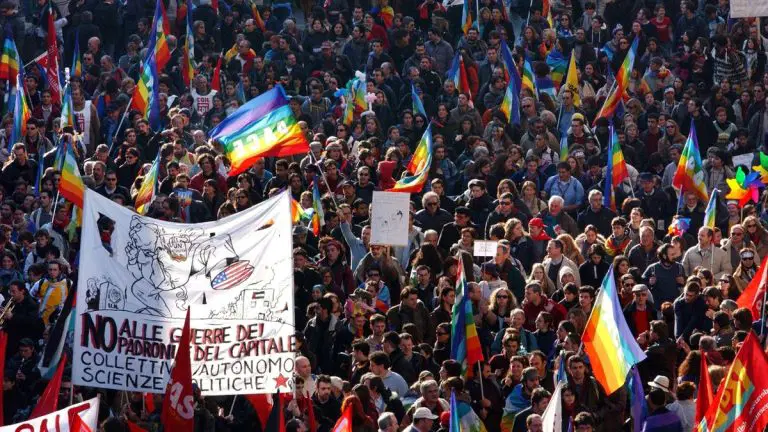



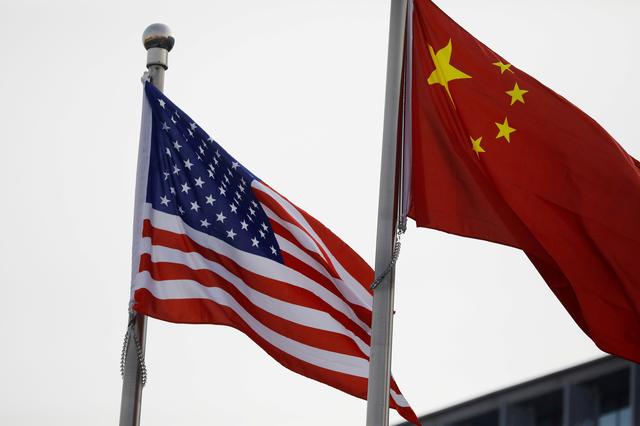










Post Comment